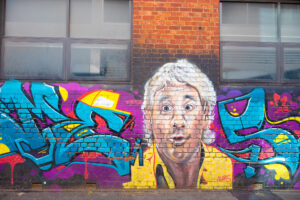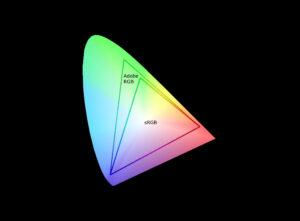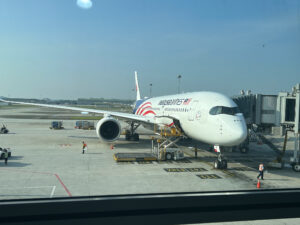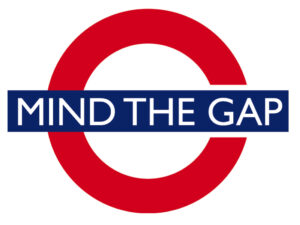As we edge closer to 2025, the world seems more polarized than ever. Deep divides in ideologies, geopolitical tensions, and spiritual conflicts are forcing us to confront harsh realities and ask critical questions about our collective future. The escalating challenges we face are not isolated events; they are interconnected symptoms of a global crisis that demands urgent attention.

The Homelessness Crisis: A Reflection of Our Values?
The homelessness epidemic continues to rise, with more individuals finding themselves on the streets of cities that seem increasingly indifferent to their suffering. Economic inequality, mental health crises, and the lack of affordable housing are driving this tragic trend. But is homelessness merely a symptom of a deeper societal failure? As we move forward, we must question what it says about our values when so many are left without even the basics for survival. Are we becoming a society that looks away, or will we confront the root causes of this growing crisis?
Violence Against Women: An Unyielding Crisis
Simultaneously, violence against women remains a global scourge, with alarming reports of abuse, harassment, and even murder on the rise. Despite numerous awareness campaigns and legislative efforts, the reality for many women remains perilous and inequitable. This violence transcends borders and social classes, underscoring its pervasiveness worldwide. Why do such heinous acts persist? What more can be done to protect the vulnerable and ensure that justice is not just a promise but a reality?
The Surge of Antisemitism and Islamophobia: A Disturbing Trend
Adding to the complex landscape is the unsettling rise in antisemitism and Islamophobia. Both Jewish and Muslim communities are facing increased hostility, often fueled by political and cultural tensions. Nationalism and far-right movements are gaining momentum in many countries, advocating for protectionism and, at times, crossing into hate. In contrast, the WOKE movement has surged, championing social justice but also facing criticism for being overly ideological or divisive.

Nationalism often draws stark lines between “us” and “them,” creating an environment ripe for conflict. Far-right ideologies, emboldened by economic uncertainties and cultural shifts, are finding fertile ground, while WOKE culture challenges traditional norms, sometimes clashing with other values in its pursuit of progress.

A Society at Odds: Where Do We Go From Here?
All these conflicting sentiments seem to be vying for dominance, and it often feels like society is tearing itself apart rather than coming together. These are not just abstract political debates; they have tangible impacts on real people, shaping how we see each other, how we treat each other, and the kind of world we want to build.
So, what’s next? As we look toward 2025 and beyond, where do we go from here? Do we continue down this path of division, or do we seek ways to bridge the gaps? How can we balance the call for social justice with the need for open dialogue, even with those whose views differ from our own?
These are questions we all must confront—regardless of our background, beliefs, or political leanings. What kind of future do we want, and how do we get there? As we stand at this critical crossroads, it’s time to open the conversation and ask ourselves: how can we move forward in a world that feels increasingly fractured? Where do we go from here? Your thoughts are vital to this conversation—let’s begin.









































































